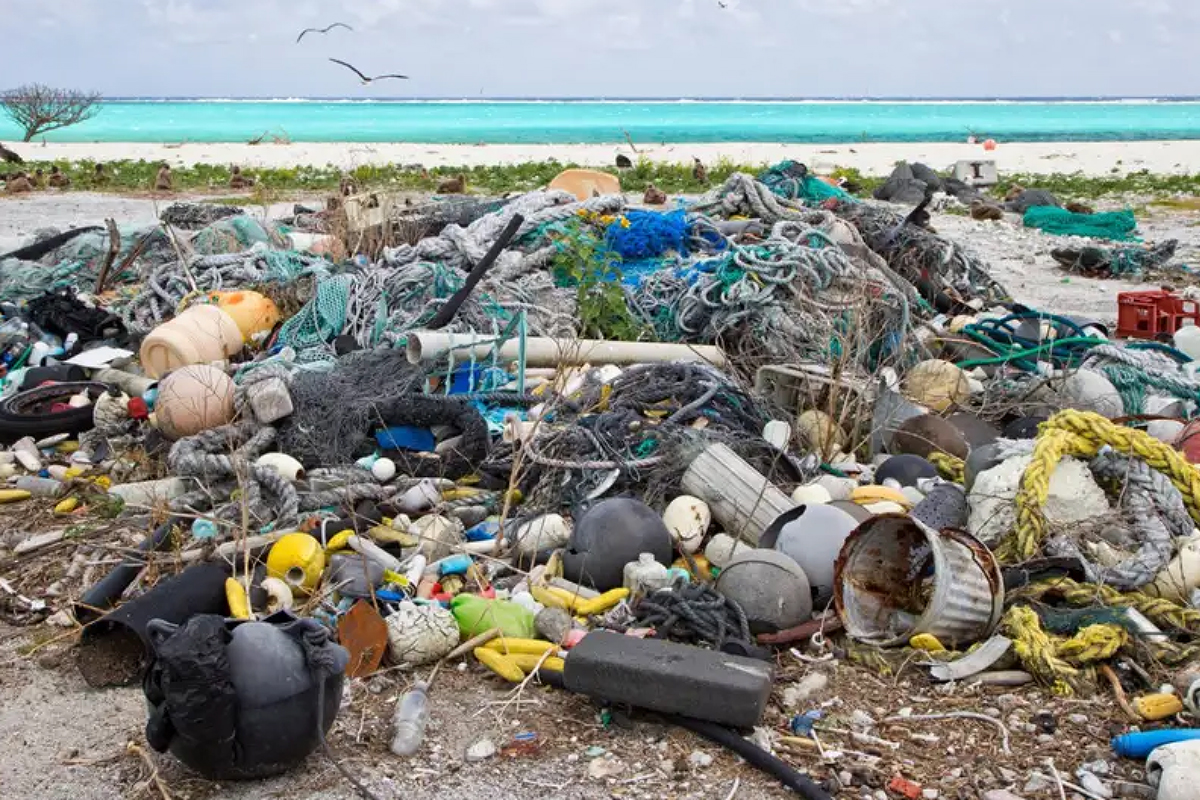But it will take two years of negotiating.
175 nations have just agreed to pursue this overdue goal, aiming to formulate a treaty by 2024 that will be legally binding and address the full life cycle of plastics.
Some advocates for a treaty were initially focused on ocean pollution. Plastics account for some 85% of marine wastes – an estimated 75-199 million tons present now, according to the UN Environment Programme. The amount is projected to approximately double from an estimated 19-23 million tons per year in 2016 to around 53 million tons per year by 2030, most of it from lower and middle-income countries with less capacity to burn or recycle it.
Here, from UNEP, is an excellent synthesis of the marine pollution issue.
But ultimately agreement was reached for the treaty to reach back to the source and address production and consumption.
Advocates point to the successful international agreements on ozone-destroying chlorofluorocarbon (CFCs) and mercury pollution, both of which led to massive reductions in emissions of these harmful chemicals, as examples of what this treaty could accomplish.
It’s fair to say, however, that those agreements had a very tight focus, while a treaty to reduce plastic use and pollution is more like aiming to reduce carbon-based fuels … the global plastic market is valued at around US$ 580 billion in 2020!


Two years to negotiate a treaty wow this planet is sunk. How many tons more plastic will be in our waterways/ landfill from RAT tests alone? Has there been any advertised info in disposing of this product?
The political will to do something about plastic pollution is still moving at a glacial pace, despite the glaringly obvious and desperate need to do things soon – much like the global warming issue. Fiddling around the edges with plastic bags and recycling just won’t hack it anymore, and some big steps are needed yesterday. Manufacturers must be given responsibility for product stewardship, and bear the brunt of the pollution caused by their products – that’s the bottom line. How about no more imports of virgin plastics? Everything to be sourced from recycled materials. It’s not that we don’t have enough of it…